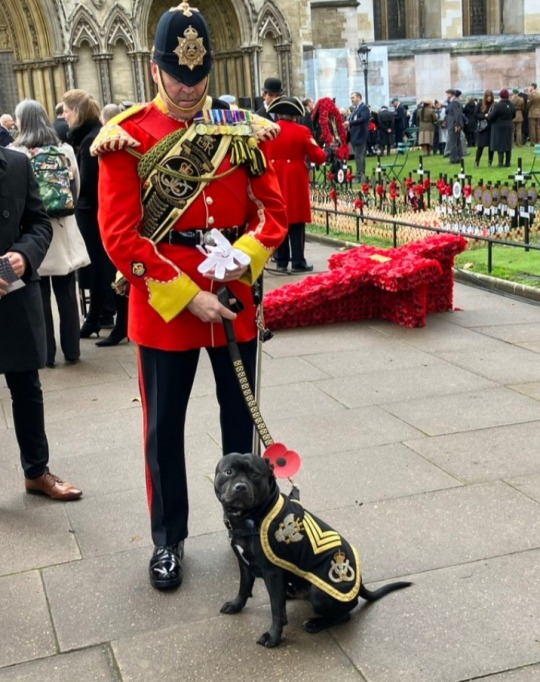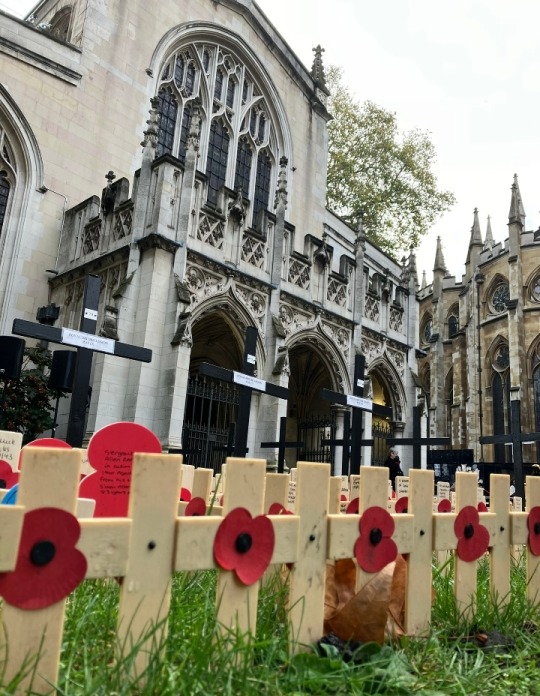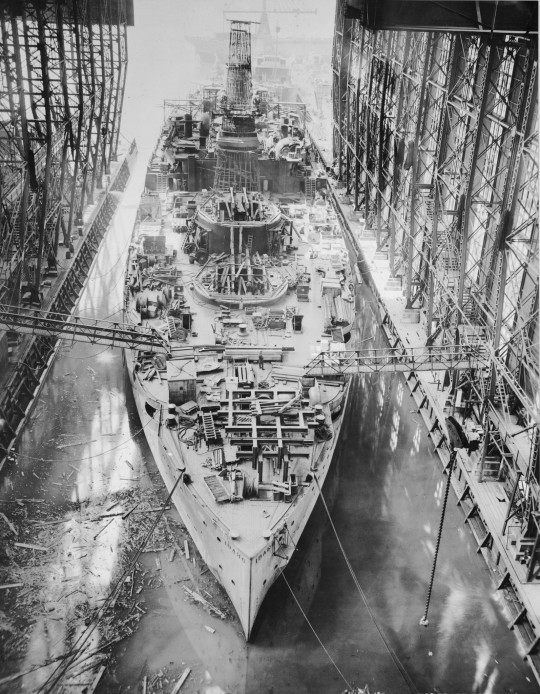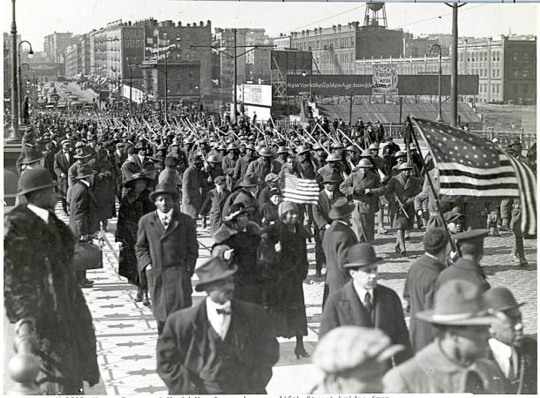Don't wanna be here? Send us removal request.
Text

Female workers operating fuze head machines in the Coventry Ordnance Works during World War I
1 note
·
View note
Text


German uhlans, ca. 1914
1 note
·
View note
Text




Today, we will open the Field of Remembrance outside in the grounds of Westminster Abbey.


Now in its 95th year, the Field is a poignant tribute to the fallen of the First and Second World Wars and more recent conflicts.
The opening of the Field has marked the start of the nation’s Remembrance commemorations since 1928, when the Poppy Factory brought a tray of poppies and a collecting tin to the grounds of St Margaret's Church.
9 November 2023
36 notes
·
View notes
Text
I Have a Rendezvous with Death
I have a rendezvous with Death At some disputed barricade, When Spring comes back with rustling shade And apple-blossoms fill the air -- I have a rendezvous with Death When Spring brings back blue days and fair.
It may be he shall take my hand And lead me into his dark land And close my eyes and quench my breath -- It may be I shall pass him still. I have a rendezvous with Death On some scarred slope of battered hill, When Spring comes round again this year And the first meadow-flowers appear.
God knows 'twere better to be deep Pillowed in silk and scented down, Where love throbs out in blissful sleep, Pulse nigh to pulse, and breath to breath, Where hushed awakenings are dear... But I've a rendezvous with Death At midnight in some flaming town, When Spring trips north again this year, And I to my pledged word am true, I shall not fail that rendezvous.
-- Alan Seeger, who was killed in action fighting with the French Foreign Legion at the Battle of the Somme in 1916
5 notes
·
View notes
Text

Woman gas worker charging a retort by hand at South Metropolitan Gas Company, Old Kent Road, London, June 1918
1 note
·
View note
Text

His Bunkie (Doughboy at the Grave of a Fallen Comrade), William James Aylward, 1918
251 notes
·
View notes
Text

World War I poster with the messages, "They Signal, 'Send Books'," and "Good Books left at the Public Library will be sent 'Over There' and to Our Men in Camp Everywhere." The poster shows black and red drawings of soldiers and sailors who are using flag semaphore to send a message. Small printed text in the lower right corner shows "The H. C. Miner Litho. Co., N.Y." 1917
118 notes
·
View notes
Photo

Edith Cavell was a nurse and is most known and celebrated for saving the lives of soldiers during the First World War. She did not discriminate and helped both German and Allied soldiers. She also helped over 200 allied soldiers to escape from occupied Belgium, something which she was eventually arrested for. Regardless of the fact that she helped German soldiers, she was found guilty of treason and was executed by a German firing squad in 1915.
166 notes
·
View notes
Text

Recent Acquisition - Ephemera Collection
Liberty Bond. The Planters National Bank, Twelfth & Main Sts., Richmond, Virginia.
57 notes
·
View notes
Text

Yard workers fitting out Idaho (BB-42) at the New York Shipbuilding Corporation of Camden, New Jersey.
Photographed on March 15, 1918.
NARA: 45546558
121 notes
·
View notes
Text

Outside an advanced dressing station. Each of such is marked by flags as shown.
0 notes
Text

The Armistice of 1918, Jules Adler, 1919
172 notes
·
View notes
Text

Black troops from World War I parade over the 145th Street Bridge from Lenox Avenue, ca. 1920.
Photo: Bettmann Archives/Getty Images
193 notes
·
View notes
Text
Haunted
Evening was in the wood, louring with storm. A time of drought had sucked the weedy pool And baked the channels; birds had done with song. Thirst was a dream of fountains in the moon, Or willow-music blown across the water Leisurely sliding on by weir and mill.
Uneasy was the man who wandered, brooding, His face a little whiter than the dusk. A drone of sultry wings flicker'd in his head.
The end of sunset burning thro' the boughs Died in a smear of red; exhausted hours Cumber'd, and ugly sorrows hemmed him in.
He thought: "Somewhere there's thunder," as he strove To shake off dread; he dared not look behind him, But stood the sweat of horror on his face. He blunder'd down a path, trampling on thistles, In sudden race to leave the ghostly trees. And: "Soon I'll be in open fields," he thought, And half remembered starlight on the meadows, Scent of mown grass and voices of tired men, Fading along the field-paths; home and sleep And cool-swept upland spaces, whispering leaves, And far off the long churring night-jar's note.
But something in the wood, trying to daunt him, Led him confused in circles through the thicket. He was forgetting his old wretched folly, And freedom was his need; his throat was choking. Barbed brambles gripped and clawed him round his legs,
And he floundered over snags and hidden stumps. Mumbling: "I will get out! I must get out!" Butting and thrusting up the baffling gloom, Pausing to listen in a space 'twixt thorns, He peers around with peering, frantic eyes. An evil creature in the twilight looping, Flapped blindly in his face. Beating it off, He screeched in terror, and straightway something clambered Heavily from an oak, and dropped, bent double, To shamble at him zigzag, squat and bestial.
Headlong he charges down the wood, and falls With roaring brain -- agony -- the snap't spark -- And blots of green and purple in his eyes. Then the slow fingers groping on his neck, And at his heart the strangling clasp of death.
-- Siegfried Sassoon
1 note
·
View note
Text

USS North Dakota (BB-29) at anchor, circa 1918.
105 notes
·
View notes
Text

A lesson to R.N.A.S. Probationary Flight Officers at the Crystal Palace on the French Cauldron Biplane
0 notes
